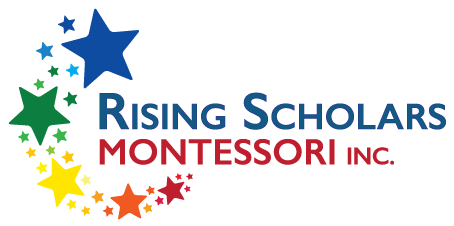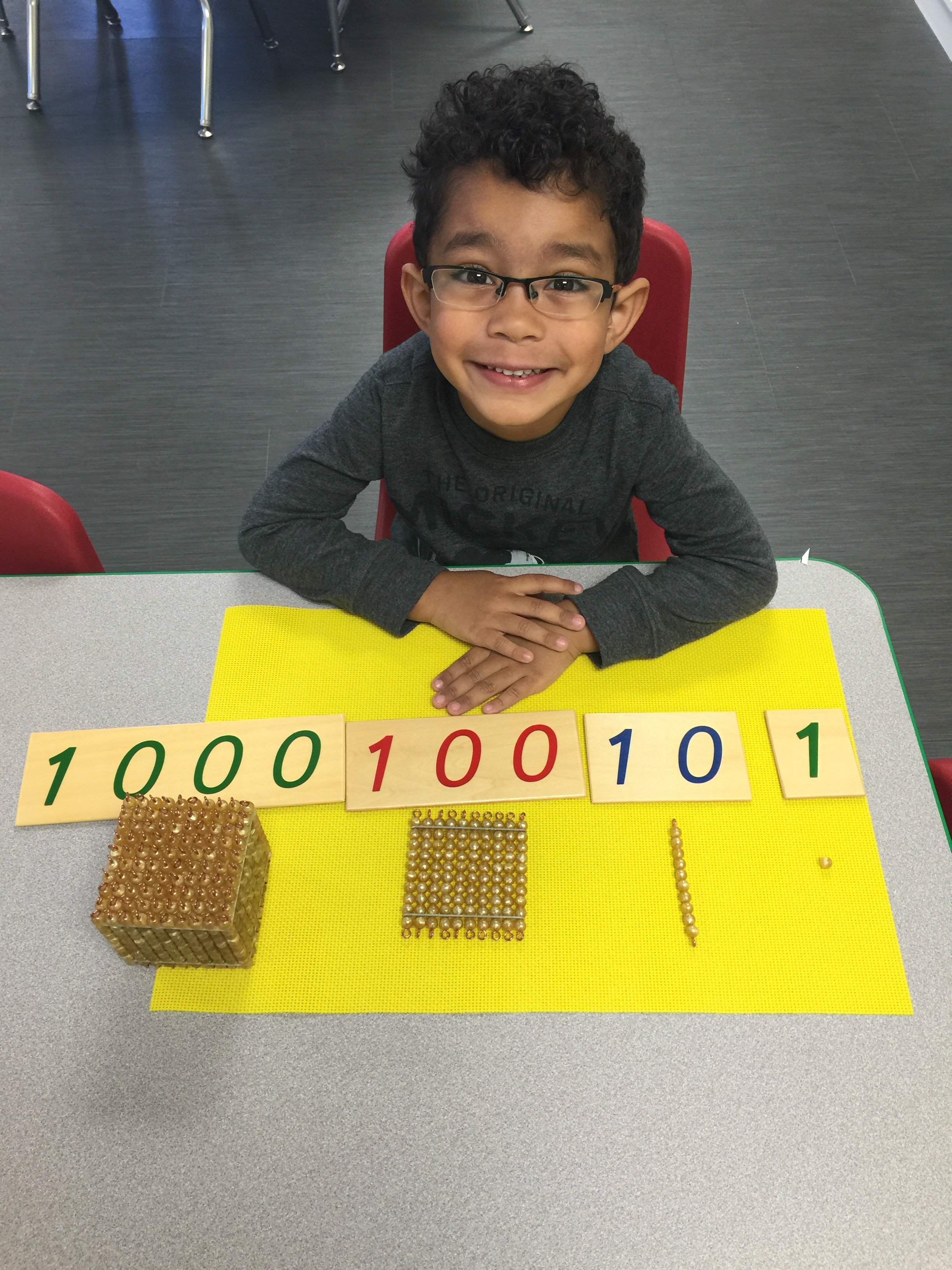
ABOUT US
The Montessori Schooling Approach
A Day at Rising Scholars Montessori Inc.
A Teacher greets children as they enter the classroom. Daily variety and genres of music will be playing until class begins. Children choose a learning material or book until we gather for circle time.
Class begins with circle time. A daily gathering that also occurs at the end of the day as well as at transition times (after nature walk or yoga).
Children then work with Montessori Materials for a large part of the class. Here, Teachers make presentations of the materials to individual children and/or small groups. Spontaneous discussions or presentations may take place. Teachers are always available to answer questions, assist and record progress.
Children have up to 15 minutes to have their snacks. Snacks are provided by parents.
Other considerations:
We incorporate French, Art, Crafts, Yoga, Meditation, Mindfulness and Nature walks (weather permitting) on a daily/weekly basis.
We have a Winter and Spring concert.
Progress reports are given twice a year.
Field trips (on and off Montessori premises) occur a few times a semester and may include:
John Janzen Nature Centre
Edmonton Valley Zoo
John Walter Museum
Fort Edmonton Park
Muttart Conservatory
Fire Station Tour
Cultural celebrations are acknowledged and celebrated throughout the year.
A Peace Table (or Place): A designated place where children can go to peacefully resolve conflict and work out their differences.
Inside voice and walking feet: Children usually need a lesson on finding and using their quiet voice and walking feet in the classroom. This ensures a respectful and safe working environment for everyone.
Dental Hygienists
Senior’s living facilities
Recreation center
Edmonton Public Library
Telus World of Science
Police station
Class Information:
Classes are Monday to Friday. Your child would attend every day of the week.
Morning class: 8:35 a.m. – 11:35 a.m.
Full-day class: 8:35 a.m. – 3:10 p.m.
Starting July 2025, our hours will be as follows:
Morning class: 8:30 a.m. – 12:00 p.m.
Full-day class: 8:30 a.m. – 3:30 p.m.
What is Montessori?
The hallmark of a Montessori program is the “prepared classroom environment”. Each classroom is equipped with materials that first teach through the senses and later lead to reading, writing, advanced mathematics, problem-solving, geography, science, and cultural studies. Visual arts, music, and movement are interwoven throughout the day’s activities.
Montessori early childhood (3-6 years) programs offer a comprehensive curriculum for parents who have the goal of preparing their child for elementary school. Nearly everything in the Montessori classroom is child-sized. Children “work” with Montessori materials including a wide range of high-quality, age-appropriate materials, objects such as wooden blocks, sand trays, textured fabrics, and beads. All materials are designed to be self-teaching. Children learn to solve problems, see natural connections in knowledge, learn skills related to practical living, and therefore, expand their imaginative thinking.
The hands-on materials, carefully selected and placed on child-height shelves, in place and on view for children to select, are an important component of Montessori. From these materials children can see and learn from their own mistakes by interacting with these materials without a teacher pointing out the error, fostering independence.
Operating on the principle of freedom within limits, children are inspired to work at their own pace, alone or with others. Montessori teachers encourage the growth of self-motivated, independent children by balancing active, self-directed learning with small group collaboration and peer teaching. Classes are comprised of a range of ages and abilities. Older, more experienced children take on the role of peer mentors, reinforcing their own skills and experiencing the responsibilities of leadership through helping others. Younger children enjoy the daily stimulation of older role models, while children of all ages learn to respect each other in a warm atmosphere of acceptance and joy.
A Brief History
More than 100 years ago, Dr. Maria Montessori, one of Italy’s first female physicians, inspired the birth of a worldwide educational movement. She first became interested in education while caring for mentally challenged children in a psychiatric clinic in Rome. Her innovative practices, including a combination of sensory-rich environments and hands-on techniques soon elicited positive learning behaviours from children previously left behind by society. Drawing upon her scientific background and clinical understanding, Dr. Montessori observed how young people learn best when engaged in purposeful activity rather than simply being fed information. She recognized that children’s cognitive growth and development requires the construction of an educational framework that respects individuality and fulfills the needs of the “whole child”.
Montessori continued shaping her learning model by opening “A Children’s House” in 1907 for impoverished pre-school children. Her philosophy, materials, and practices have spread around the globe and have been implemented in many cultural settings. As more schools incorporated core elements of the Montessori model; multi-age classrooms, early childhood education, and prepared environments, her namesake method became widely recognized as being ahead of its time.
Montessori’s pioneering work created a blueprint for nurturing all children, from gifted to learning disabled, to become self-motivated, independent, life-long learners.

“Education is a natural process carried out by the human individual, and is acquired not by listening to words, but by experiences in the environment.”
MARIA MONTESSORI







